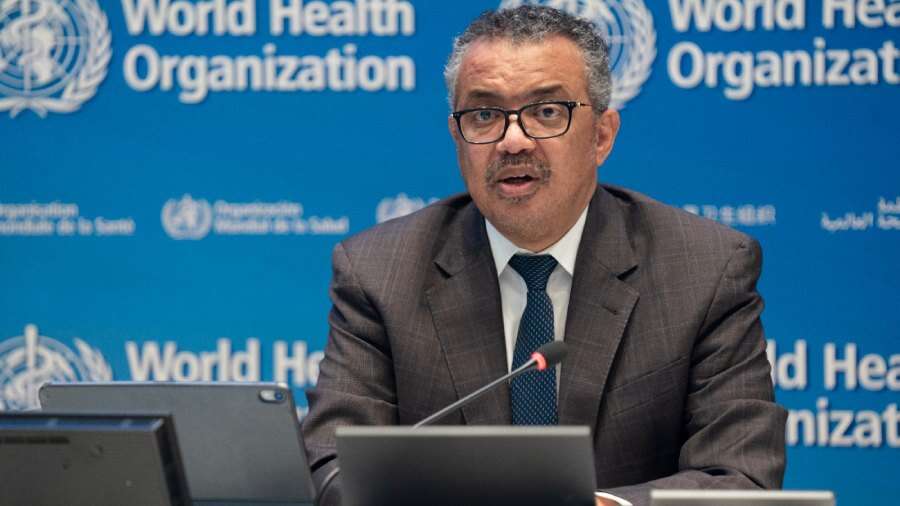The World Health Organization (WHO) has affirmed its commitment to aiding countries worldwide in harnessing the potential of traditional medicine, primarily through the Global Traditional Medicine Centre located in Jamnagar, India.
Dr. Tedros Adhanom Ghebreyesus, the Director-General of WHO, expressed that the global health organization is dedicated to accumulating evidence and data to guide policies, standards, and regulations for the secure, cost-effective, and just employment of traditional medicine.
Speaking at the ongoing WHO Traditional Medicine Global Summit in India on Thursday, Dr. Ghebreyesus highlighted the mounting demand for traditional medicine across various countries, communities, and cultures.
While emphasizing the extensive history of traditional medicine, he argued that traditional, complementary, and integrative medicine plays a crucial role in preventing and treating non-communicable diseases, addressing mental health, and promoting healthy aging.
Dr. Ghebreyesus contended that traditional medicine has significantly contributed to human health and possesses substantial untapped potential.
He further elucidated that the global summit’s objective is to advance the comprehension and utilization of traditional medicine.
“One of the significant strengths of traditional medicine lies in its understanding of the intricate connections between human health and our environment. That’s why WHO is committed to supporting countries in unlocking the potential of traditional medicine, through the Global Traditional Medicine Centre in Jamnagar, which I had the privilege to launch with His Excellency, Prime Minister Modi last year.”
Dr. Ghebreyesus conveyed that via this summit and the WHO Global Centre for Traditional Medicine, WHO strives to amass evidence and data that will inform policies, standards, and regulations to ensure the secure, cost-effective, and equitable application of traditional medicine.
He proposed the transformation of this event into a regular occurrence, possibly every two years, establishing a global platform for sharing evidence and best practices in traditional medicine use.
Furthermore, Dr. Ghebreyesus advocated three key points:
- Encouraged countries to commit to integrating traditional and complementary medicine into their national health systems.
- Urged participants to identify specific, evidence-backed, actionable recommendations that can shape the next WHO global strategy on traditional medicine.
- Proposed the commencement of a global movement that leverages traditional medicine’s potential through scientific advancements and innovation.
Dr. Ghebreyesus extended his gratitude to India for its hospitality and leadership in this domain, along with acknowledging the diligent efforts of his WHO colleagues, particularly Dr. Shyama Kuruvilla, in organizing the summit.




